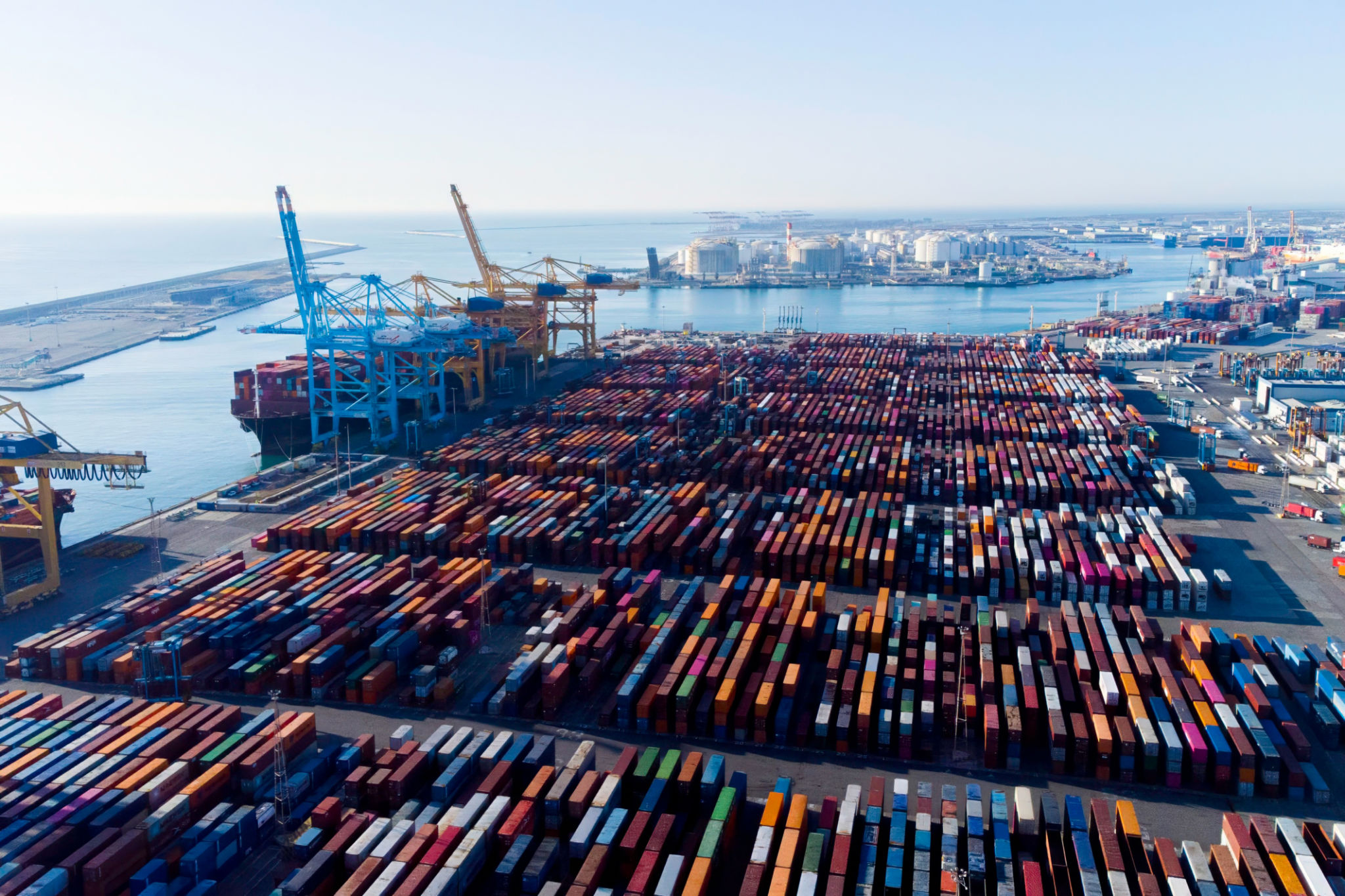Expert Insights: The Future of Freight Logistics and Its Impact on Vancouver's Economy
Understanding the Current Landscape of Freight Logistics
The freight logistics industry is a cornerstone of Vancouver's economy, playing a critical role in the movement of goods both locally and internationally. With its strategic location as a major port city, Vancouver serves as a vital hub for trade across the Pacific. However, the logistics sector is undergoing rapid changes, driven by technological advancements, environmental considerations, and shifting trade dynamics.

The Role of Technology in Shaping the Future
Technology is at the forefront of transforming freight logistics. Innovations such as blockchain, artificial intelligence, and the Internet of Things (IoT) are streamlining operations and increasing efficiency. These technologies enhance real-time tracking, improve supply chain transparency, and reduce operational costs. For instance, blockchain can ensure secure and transparent transactions, while AI can optimize routes and predict maintenance needs.
Moreover, the rise of autonomous vehicles and drones is poised to revolutionize logistics by significantly reducing delivery times and labor costs. As these technologies mature, they will become integral to Vancouver's freight operations, potentially reshaping the economic landscape.
Sustainability and Environmental Impact
As global awareness of environmental issues grows, the freight logistics industry is under pressure to adopt more sustainable practices. Vancouver, known for its commitment to sustainability, is leading the charge by implementing eco-friendly solutions such as electrifying its vehicle fleets and optimizing shipping routes to reduce carbon emissions. These efforts not only help protect the environment but also strengthen Vancouver's position as a leader in sustainable logistics.

Economic Implications for Vancouver
The evolution of freight logistics has significant economic implications for Vancouver. As the industry becomes more efficient and environmentally friendly, it opens up new opportunities for economic growth. Businesses can leverage improved logistics to expand their markets, reduce costs, and enhance customer satisfaction.
Furthermore, the adoption of advanced technologies in logistics can create high-tech job opportunities in Vancouver. As companies seek skilled professionals to manage and implement these technologies, there will be an increase in demand for specialists in areas such as data analysis, software development, and systems management.
Challenges and Opportunities Ahead
Despite the promising future, the logistics sector faces several challenges. These include regulatory hurdles, infrastructure limitations, and the need for substantial investment in new technologies. However, these challenges also present opportunities for innovation and collaboration among industry stakeholders, government bodies, and technology providers.

Addressing these challenges will require a strategic approach that balances technological advancement with regulatory compliance and infrastructure development. By fostering a collaborative environment, Vancouver can ensure that its freight logistics industry continues to thrive and contribute significantly to the local economy.
Conclusion
The future of freight logistics holds immense potential for Vancouver's economy. By embracing technological innovation and sustainability, the city can enhance its logistical capabilities and maintain its competitive edge in global trade. As these trends continue to evolve, Vancouver's logistics sector is poised to become a model of efficiency and sustainability in the years to come.